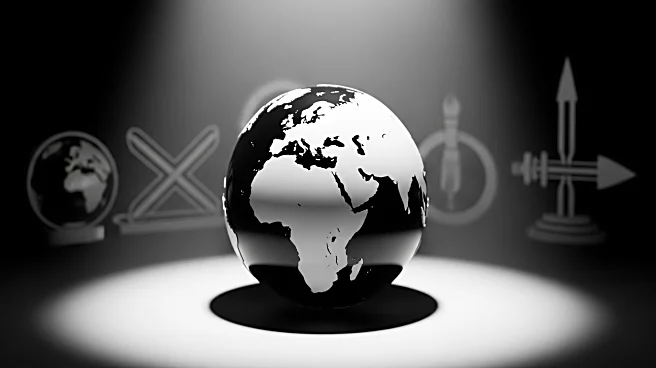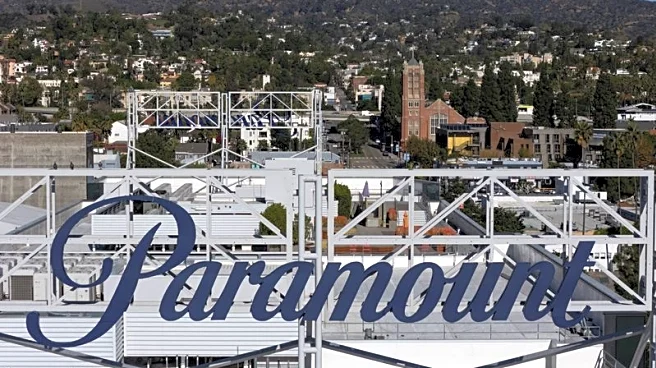What's Happening?
The United Nations is set to reimpose sweeping economic and military sanctions on Iran, following accusations by the UK, France, and Germany that Iran has failed to meet its nuclear commitments. This decision comes after a mechanism was triggered, giving Iran 30 days to find a diplomatic solution. Iran's President Masoud Pezeshkian condemned the sanctions as unjust and illegal. The sanctions include an arms embargo, a ban on uranium enrichment, and restrictions on ballistic missile activities. Iran has barred IAEA inspectors from its nuclear facilities following recent bombings by Israel and the U.S.
Why It's Important?
The reimposition of sanctions could have significant economic and political repercussions for Iran, potentially crippling its economy and escalating regional tensions. The sanctions aim to curb Iran's nuclear ambitions, but they also risk further isolating the country from the international community. The situation highlights the challenges in enforcing nuclear non-proliferation agreements and the complexities of Middle Eastern geopolitics.
What's Next?
Iran has threatened to freeze cooperation with the IAEA if sanctions are reinstated, which could hinder international oversight of its nuclear activities. The U.N. Security Council's decision on the proposed delay of sanctions will be crucial in determining the next steps. The international community will be closely monitoring Iran's response and any potential diplomatic efforts to resolve the situation.










